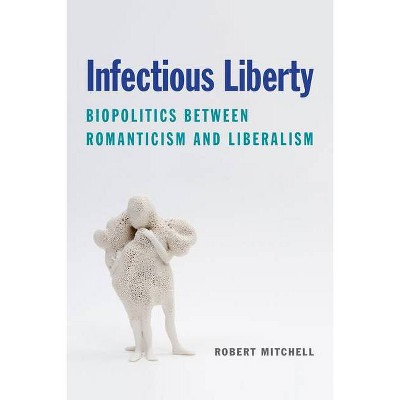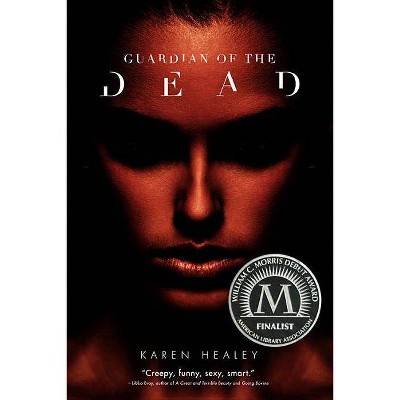Lives of the Dead Poets - (Lit Z) by Karen Swann (Hardcover)
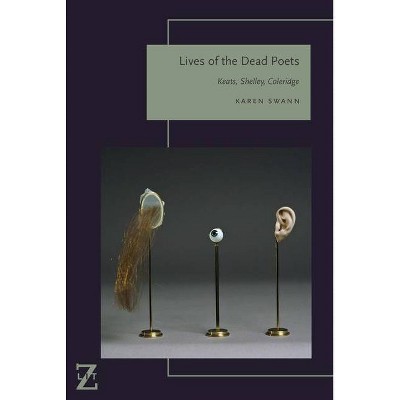
Similar Products
Products of same category from the store
AllProduct info
<p/><br></br><p><b> About the Book </b></p></br></br><i>Lives of the Dead Poets </i>explores the biographical interest that has marked the posthumous reception of John Keats, Percy Bysshe Shelley, and Samuel Taylor Coleridge. It argues that this fascination with the poetic life--a special case of the attachments we form to poetic figures--speaks to the mode of poetry's survival into modernity.<p/><br></br><p><b> Book Synopsis </b></p></br></br><p>Any reader engaging the work of Keats, Shelley, or Coleridge must confront the role biography has played in the canonization of each. Each archive is saturated with stories of the life prematurely cut off or, in Coleridge's case, of promise wasted in indolence. One confronts reminiscences of contemporaries who describe subjects singularly unsuited to this world, as well as still stranger materials--death masks, bits of bone, locks of hair, a heart--initially preserved by circles and then circulating more widely, often in tandem with bits of the literary corpus. <p/>Especially when it centers on the early deaths of Keats and Shelley, biographical interest tends to be dismissed as a largely Victorian and sentimental phenomenon that we should by now have put behind us. And yet a line of verse by these poets can still trigger associations with biographical detail in ways that spark pathos or produce intimations of prolepsis or fatality, even for readers suspicious of such effects. Biographical fascination--the untoward and involuntary <i>clinging </i>of attention to the biographical subject--is thus "posthumous" in Keats's evocative sense of the term, its life equivocally sustained beyond its period. <p/><i>Lives of the Dead Poets </i>takes seriously the biographical fascination that has dogged the prematurely arrested figures of three romantic poets. Arising in tandem with a sense of the threatened end of <i>poetry</i>'s allotted period, biographical fascination personalizes the precariousness of poetry, binding poetry, the poet-function, and readers to an irrecuperable singularity. Reading romantic poets together with the modernity of Benjamin and Baudelaire, Swann shows how poets' afterlives offer an opening for poetry's survival, from its first nineteenth-century death sentences into our present.</p><p/><br></br><p><b> Review Quotes </b></p></br></br><br>...Swann's genuinely original undertaking is to summon wisdom from our sentimental, mythologizing attachments to the image of the Romantic poet. Typically, biographical and other contextual information is used to generate interpretive insights into aesthetic form; in <i>Lives of the Dead Poets</i>, "more properly literary texts" are mobilized to decode biography's continued enigmatic hold.-- "European Romantic Review"<br><br>...<i>The Lives of the Dead Poets</i> presents a complex argument, in elegant writing... which is also highly respectful of other critics.-- "Review 19"<br><br>This is one of the most exquisitely-crafted books I have ever had the privilege of reading. Swann sets out to complicate the idea that biographical fascination is simply retrograde, sentimental, canonizing, or ideological; she shows how our fascination with these poets is bound up with the way they seem to live on past natural life, suspended in a kind of posthumous time. With modesty, tact, yet also with the assurance of a deeply felt calling, this book addresses the largest questions that we face as readers of literature: Why read? Why read poetry? What is it to love poetry? What is romantic poetry? How best to think about poetry's, or romanticism's, mode of afterlife or living-on in our dark times?<b>---Marc Redfield, Brown University, <i></i></b><br><br>Through brilliant, thoughtful, original analysis of the writings by and about three major poets of the romantic era, Swann untangles a central question at stake in author love: what counts as an author's 'life, ' anyway? Swann is possessed of a prose style that is both clear and, at times, breath-takingly surprising. A beautifully conceived, organized, and written study.<b>---Adela Pinch, University of Michigan, <i></i></b><br><p/><br></br><p><b> About the Author </b></p></br></br><b>Karen Swann</b> is Morris Professor of Rhetoric Emerita in the Williams College English Department. She currently teaches at Bard Microcollege Holyoke.
Price History
Price Archive shows prices from various stores, lets you see history and find the cheapest. There is no actual sale on the website. For all support, inquiry and suggestion messages communication@pricearchive.us
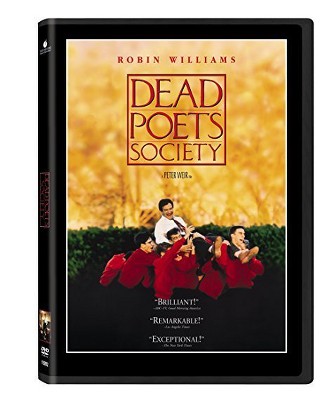
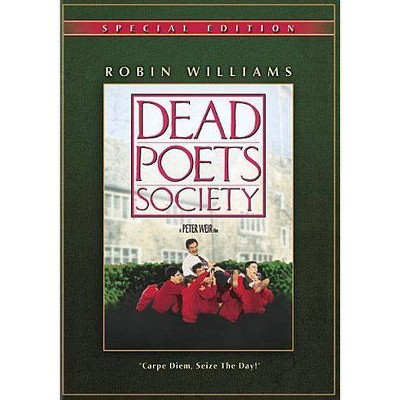
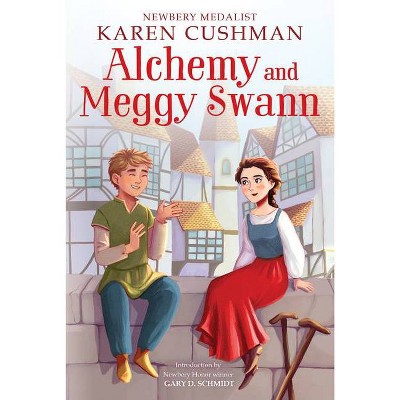
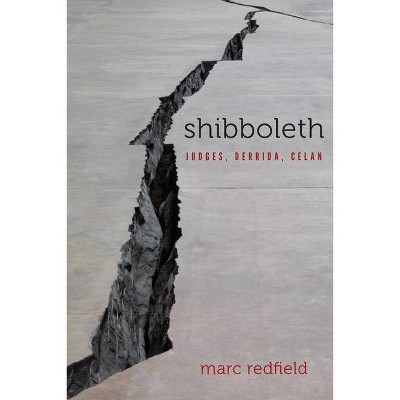
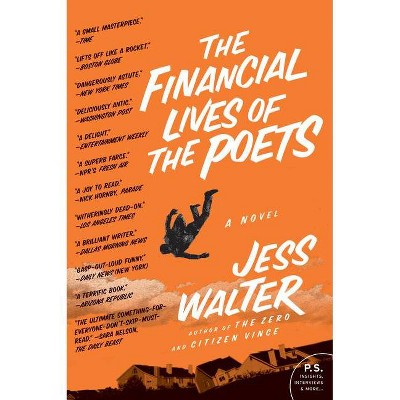
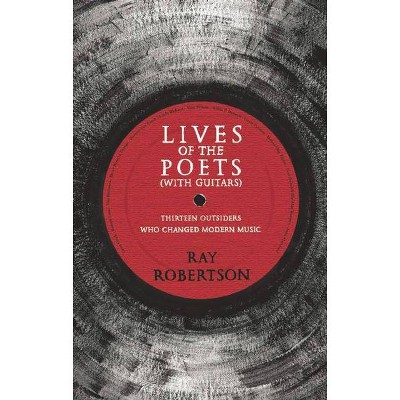
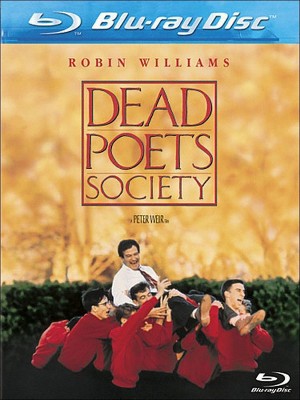
![Dead Poets Society [Blu-ray] [1989]](https://pisces.bbystatic.com/image2/BestBuy_US/images/products/4004/4004119_so.jpg)
